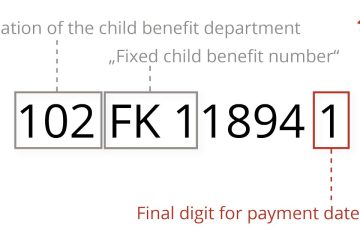Understanding Paternity Leave in the UK: Importance and Impact

Introduction
Paternity leave is a crucial topic as it addresses the rights of new fathers to support their partners and bond with their newborns. In the UK, paternity leave policies have evolved significantly over the years, reflecting changing societal norms and the pursuit of gender equality both at home and in the workplace.
Current Policies and Statistics
In the UK, statutory paternity leave entitles eligible fathers to take up to two weeks off work after the birth or adoption of a child. According to government statistics, as of 2023, around 50% of eligible fathers take paternity leave, a considerable increase compared to previous years. This trend suggests a growing recognition of the importance of early father-child bonding.
Recent Reforms and Their Impact
Recent discussions around paternity leave have focused on extending the duration and flexibility of leave for fathers. In 2022, the UK government began consultations on parental leave reforms, aiming to create a more inclusive approach to family leave that allows both parents to share responsibilities more equitably. Advocates argue that longer paternity leave can lead to better mental health outcomes for fathers and mothers, as well as enhanced child development.
Challenges and Barriers
Despite these positive changes, many fathers still face challenges when it comes to taking paternity leave. Workplace cultures can often discourage men from taking time off, and financial implications, such as lower pay during leave, may deter them from utilising their full entitlement. Many companies, particularly in sectors with high workloads, continue to struggle with implementing family-friendly policies.
Conclusion
The ongoing discourse surrounding paternity leave is essential for promoting a balanced approach to parenting. As policies evolve, it is critical for both employers and employees to foster an understanding of the significance of paternity leave. Looking ahead, it is anticipated that support for fathers will continue to increase, benefiting families across the UK. By actively engaging in these discussions, society can help shape a culture that values the role of fathers and acknowledges their importance in family dynamics.








